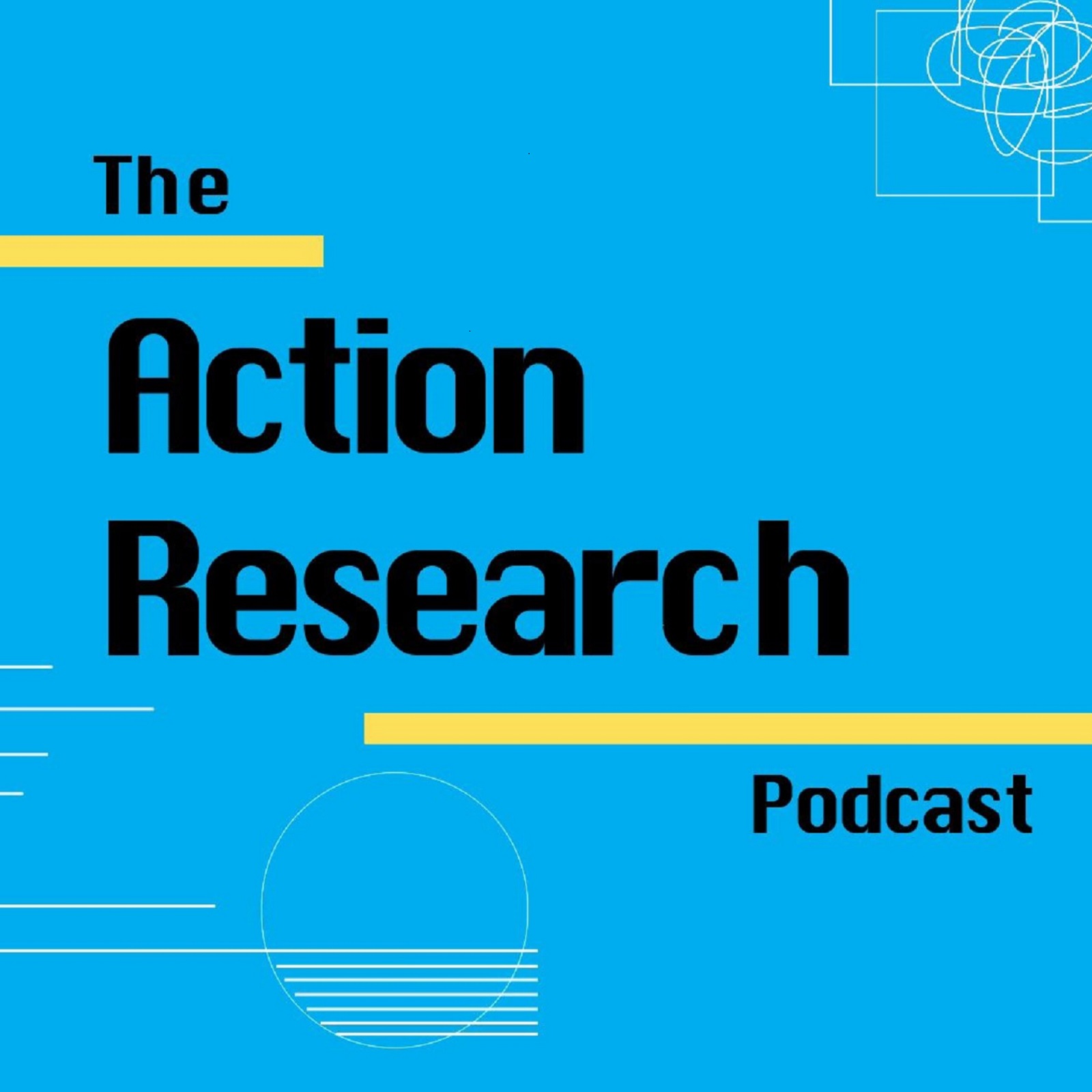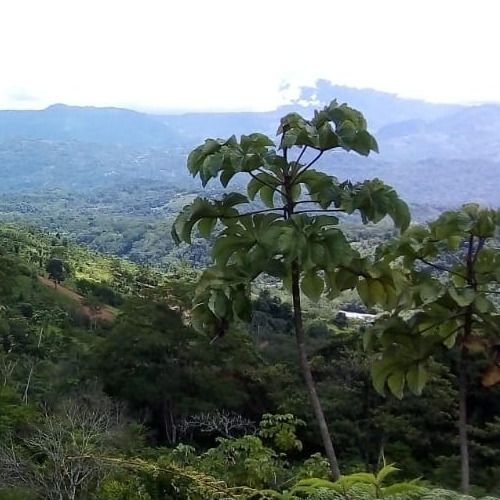Systemic Action Research with Dr. Danny Burns and Dr. Marina Apgar
In this episode, our team has an insightful conversation with Dr. Danny Burns and Dr. Marina Apgar. Danny Burns is a Professorial Research Fellow at the Institute for Development Studies (IDS) a think tank affiliated with the University of Sussex in England. He has directed more than 25 action research projects and programmes. His work focuses on participatory learning for social change with a strong emphasis on systems thinking and complexity. Marina Apgar is Research Fellow in the Participation, Inclusion and Social Change cluster at IDS. She is a human ecologist with 20 years experience working in the research-practice divide with marginalised communities in international development supporting learning and change in complex systems.
Danny and Marina are working on a large-scale system-changing project called Child Labour: Action-Research-Innovation in South and South-Eastern Asia [CLARISSA]. Started in 2016, CLARISSA has a team of more than 150 members. In this episode, Adam and Joe discuss what AR looks like on the ground, and specifically in a large-scale project. What does the creation process look like? How does this huge collaborative team work reflexively in this AR framework?
This conversation starts with our classic lightning round where we dive into questions such as: what is systemic AR? (5:17) what does collaboration look like in systemic AR? (6:34) what is IDS? what makes IDS a fertile ground for this sort of AR? (7:40) And, what is your greatest critique of AR? (12:20).
In the later segment, we dive deeper to learn more about CLARISSA, which is built on three core values (but not limited to them): 1. child-centred, 2. participation, and 3. being truly integrated (16:55). This is a really big project that involves a lot of stakeholders, participants, and organizations who work collaboratively in variety of different ways (26:57). How does the creation of processes look in this space? To understand this, Adam and Joe ask questions about how the planning process, facilitation and relationship building looks (36:11).
Our team wraps up the conversation by raising one of the classic and significant question that we are trying to explore layer by layer in our podcast-Reflexivity! One of the core components of PAR is reflexivity. Find out how Marina and Danny engage reflexively in such a huge collaborative team in CLARISSA (48:00), by tuning in!
References
Apgar, J. M., Allen, W., Albert, J., Douthwaite, B., Paz Ybarnegaray, R., & Lunda, J. (2017). Getting beneath the surface in program planning, monitoring and evaluation: Learning from use of participatory action research and theory of change in the CGIAR Research Program on Aquatic Agricultural Systems. Action Research, 15(1), 15–34. https://doi.org/10.1177/1476750316673879
Zimowski, P. F., Perry, D., Bales, D. K., Davis, D. T., Mattar, D. M. Y., Burrows, H., Moore, H., Ochen, V., Christopher, E., Jewell, S., Smiragina-Ingelström, P., Cockayne, D. J., Setter, C., Ariyo, D., Kumar, V., Otiende, S., Trodd, D. Z., McQuade, D. A., Greer, B. T., … Liwanga, R.-C. (2021). Child Labour Special Edition: JOURNAL OF MODERN SLAVERY A multidisciplinary exploration of human trafficking solutions. Publisher: SlaveFree Today. 6(4), 152.
Other links
https://clarissa.global/resource/designing-a-participatory-programme-at-scale/
**If you have your own questions about Action Research or want to share any feedback, contact us on Twitter@The_ARpod or write to us at ActionResearchPod@gmail.com.**

